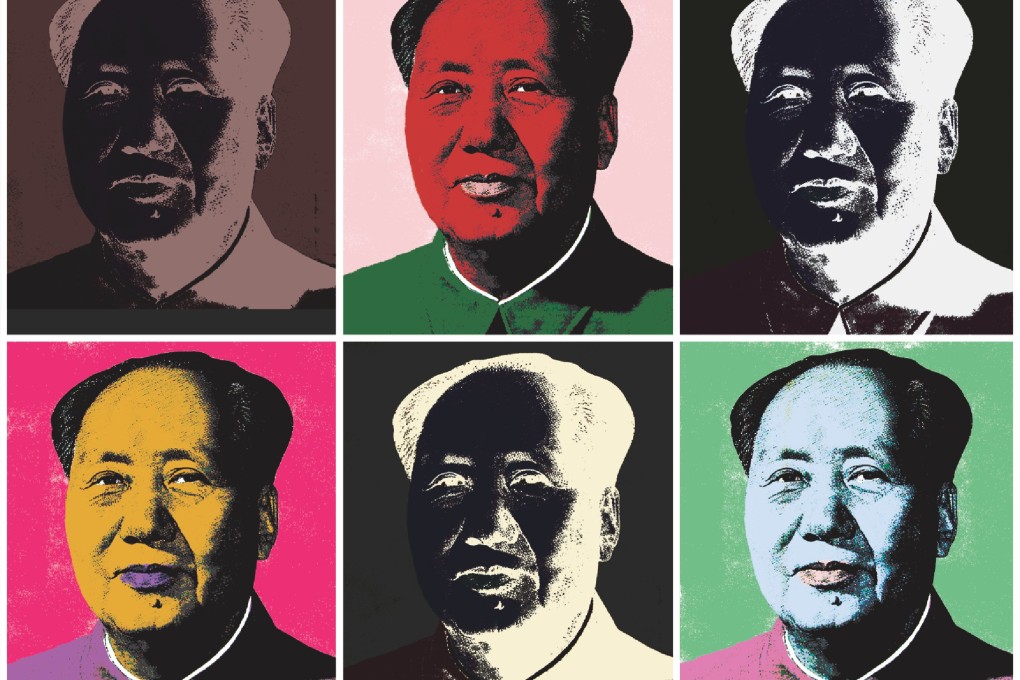China still dealing with the legacy of Mao Zedong, 120 years after his birth
On the eve of the 120th anniversary of the late leader's birth, many ordinary Chinese long for a return to his era, despite its painful failings

In a hotel on Beijing's outskirts last month, a couple of hundred entrepreneurs and others fasten small, ceramic Mao Zedong brooches to their lapels and gather in front of a bright stage.

From China arises Mao Zedong! He strives for the people's happiness! He is the people's great saviour!
Video: In China, hundreds of entrepreneurs attend meeting for Mao’s 120th anniversary
"Mao Zedong is even greater than Confucius - he can conquer your thoughts and you have no choice but to follow him," proclaims neo-Maoist celebrity Sima Nan, the presenter.
The celebration, which included the late leader's daughter Li Na and Mao's former assistant Zhang Yufeng, was one of many gatherings on the mainland commemorating the 120th anniversary of Mao's birth this Thursday.